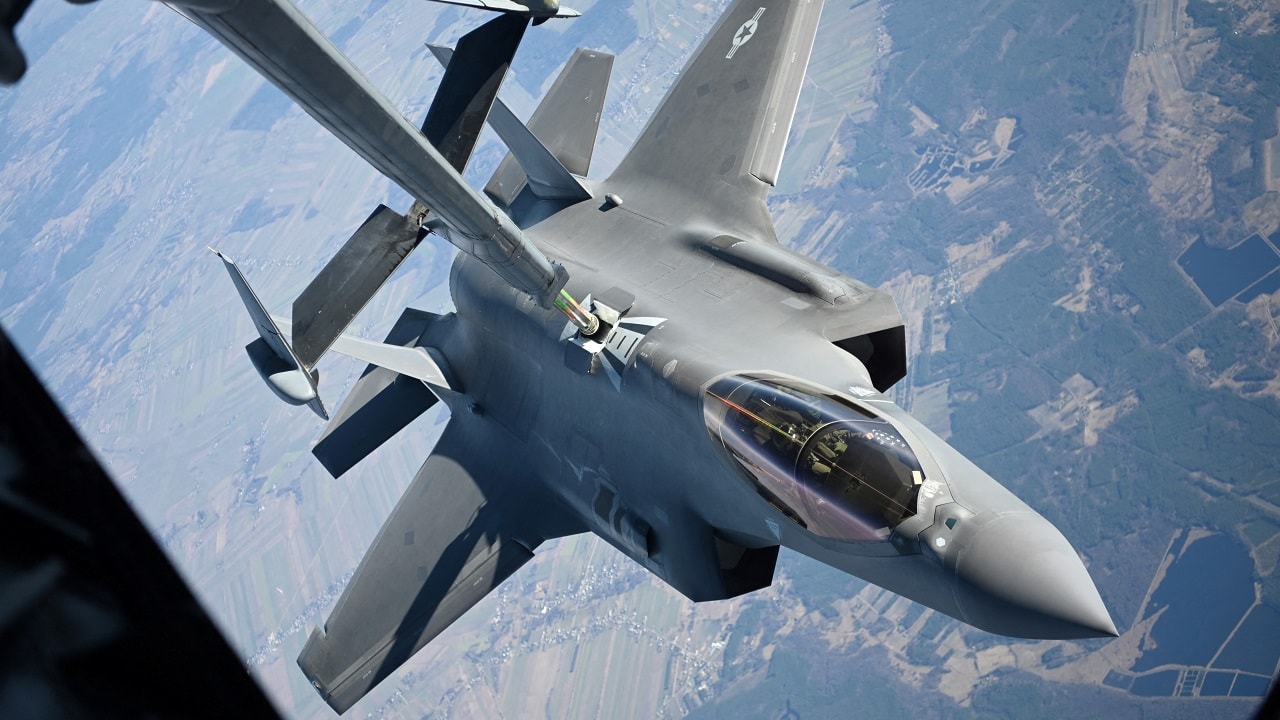Strengthening NATO’s southern flank is more urgent than ever. No, that’s not where the Russians are fighting. At least, not now. But Russia’s invasions of Ukraine demonstrate that Putin is not afraid to strike wherever he senses opportunity and weakness along the alliance’s blue border.
NATO is secure only when all its borders are secure. And right now, the transatlantic community’s southern flank needs much more attention.
Already, there is plenty of focus on Central Europe, and rightly so. Clearly, NATO needs a more proactive forward defense posture that demonstrates not just the will, but the capacity, to crush any Russian forces crossing into NATO territory there.
Further, with the likely addition of Sweden and Finland to the alliance, it’s time for fresh thinking about the coherent security of the Baltic/Nordic region.
That said, NATO can’t neglect its southern flank. The two biggest threats to European stability and security are Russian aggression and the problems of the greater Middle East spilling over into the continent. Both those threats are present on this flank. China, too, is coming on strong. In recent years, both Moscow and Beijing have increased their economic, political and – in some cases – military influence on the Middle East and on Africa, injecting greater instability along the Mediterranean.
A stronger NATO south would help stabilize the Mediterranean basin and, in particular, Libya, currently on the brink of a new civil war. A stabilized Libya would guarantee a greater supply of gas to the Europe. This would leave Europeans less dependent on Russian energy and make Western sanctions against Moscow more effective.
It would weaken Putin in another way, too. Moscow now regards Libya as another button it can push to increase its influence and make trouble for others. Putin has also used this North African country as a base for expanding influence on the Sahel region, a crucial crossroads for migratory flows to Europe and a potential source for the next global wave of Islamist extremists.
A stronger NATO southern flank would also help address the Iranian threat. A close ally of Moscow, Tehran announced that it will support the Kremlin against Western sanctions imposed after the invasion of Ukraine. Moreover, Iran is developing a worrying ballistics program, through which it could hit several members of the Atlantic alliance.
Beijing, too, has been busy in the region, with a shrewd diplomacy based on vaccines and fertilizers. Meanwhile, Moscow aims to consolidate trade relations (as evidenced by a recent visit to Algiers by Russian Foreign Minister Sergey Lavrov). A stronger NATO flank could help restore Western influence in the Mediterranean basin and make cozying up to Moscow and Beijing look less attractive.
In short, strengthening NATO’s southern flank is crucial, given the significant correlations between Mediterranean instability and the Ukrainian crisis. But this will be no easy lift. For starters, the alliance, as a whole, needs to reach a clearer, common perception of the dangers posed by Moscow and Beijing. In regard to Libya and Iran, especially, France, Italy, Turkey and Washington are not on the same page on this issue. This won’t get fixed without a heavy diplomatic lift by these capitols.
Right now, it is game of “chicken statecraft.” Those who won’t lead, can’t. Those who need to lead won’t. There won’t be a better NATO unless these leaders really get to work and roll up their sleeves for the common good of the world’s most important collective security alliance.
Stefano Graziosi is an essayist and a political analyst who writes for the Italian newspaper La Verità and the weekly magazine Panorama. A Heritage Foundation vice president, James Jay Carafano, a 1945 Contributing Editor, directs the think tank’s research on matters of national security and foreign relations.

